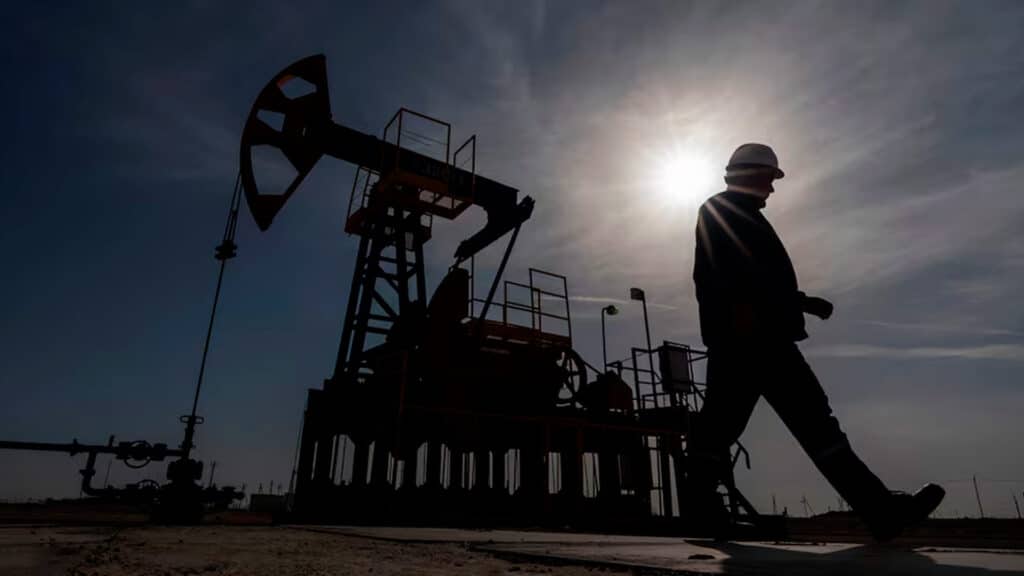Kazakhstan and seven OPEC+ nations extend oil production adjustments

The Organization of the Petroleum Exporting Countries (OPEC) has reported that Saudi Arabia, Russia, Iraq, the UAE, Kuwait, Kazakhstan, Algeria and Oman have agreed to extend their voluntary oil production adjustments of 2.2 million barrels per day until the end of December 2024.
The eight countries have confirmed their commitment to the Declaration of Cooperation, which includes additional voluntary production adjustments. The countries have also agreed to offset all overproduction reported since January 2024 by no later than September 2025, following the compensation plans filed with the OPEC Secretariat.
Eight OPEC+ countries have been voluntarily reducing their oil production in accordance with the agreements in place. Meanwhile, other members of the organization are monitoring those participants who exceeded their production limits during the first nine months of 2024, specifically Iraq, Kazakhstan and Russia, to ensure they compensate for these deviations with further production cuts.
In early 2024, Kazakhstan began producing significantly more oil than originally planned in the OPEC+ agreement. As a result, in late August, the country had to revise its compensation plan for the overproduction that occurred from January to July 2024. The updated plan now stipulates a production cut of 699,000 barrels per day instead of 620,000 barrels reported earlier.
The OPEC+ member states will maintain their current oil output cuts until the end of the year. However, starting in 2025, these cuts will increase. For example, in January, production will be reduced by 65,000 barrels per day, up from the initially planned 45,000 barrels. In February, the reduction will be 52,000 barrels per day instead of the previously planned 32,000 barrels.

